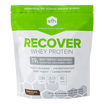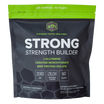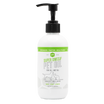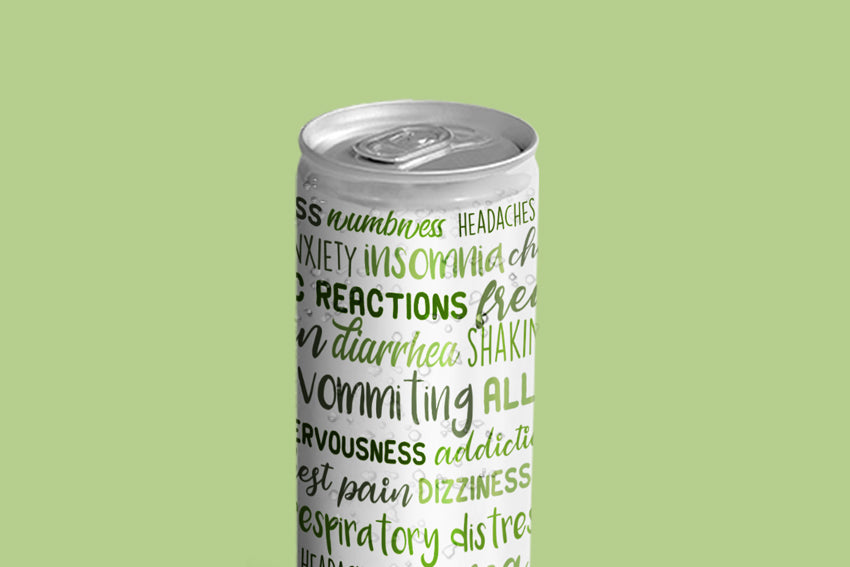According to the ADAA (Anxiety and Depression Association of America), seven out of ten Americans claim that their lives are interrupted by daily stress or anxiety. Accumulative effects of stress and tension can take its toll on your health ultimately be very harmful in the long run. This is why making time for stress management is extremely important and should be incorporated the way exercise and other positive health choices are. Learning to self-soothe is an important skill to learn to take control of your own mental and physical health. Here are some ways to choose wellness over worry:
Stress can affect your emotional well being in a big way. Not only can it be harmful to your body, but it can get in the way of your ability to think clearly, and that can affect every part of your daily life. To eliminate the stress in your life, the first step is to identify what is causing it. Help Guide suggests starting a stress journal to track what causes your anxiety. You can also take a look at your reaction to it, and what measures you took to combat it. The first step in solving a problem is to identify it.
The Mayo Clinic adds that to provide some anxiety relief you can follow the 4 A’s of stress management: Avoid, Alter, Adapt, and Accept. If you have worries that are stressing you out, avoiding those high-pressure situations or people can be a relief. Also, turning off news programs, or taking a different traffic route can save you undue stress. Another way to lower your blood pressure literally and figuratively is to alter your routine. Making sure not to overload your schedule or leave everything to the last minute are time management steps to take to help you feel more relaxed. You can also express your feelings if a certain someone is stressing you out. Being assertive instead of passive – or aggressive - can help you from feeling stuck, powerless, or resentful. Adapting to your surroundings is a very important way of protecting your emotional wellbeing. One way is to reframe looking at issues from a positive mindset. If you are stuck in traffic, look at it as an opportunity to chat with an old friend (on the speakerphone of course), or listen to your favorite podcast. Looking at an issue with a different perspective can help ease anxiety. Will your problem matter in a week? A month? A year? Easing up on an expected outcome will also do wonders of calm frayed nerves. Letting go of the idea that everything has to be perfect will allow you to breathe easier. Applying a little gratitude to the current situation and taking stock in what you currently have is a way to be present and not seek out problems. Acceptance is another important factor in stress relief. You cannot control other people, death, taxes, or the economy, but you can control how you react to them. Any adversity you face can be an opportunity to learn and grow. If this is difficult, find a friend or mental health professional to talk to who can help.
One way to release tension is through good old fashioned exercise. You don’t have to tax yourself to the point of exhaustion. As long as your body releases endorphins, which act as a natural pain killer, your body will respond and relax. Five minutes of aerobic exercise can be enough to help you improve mood, stress, and sleep, though usually 30 minutes is recommended. Plus, many forms of exercise are a nice distraction from a busy brain. Getting outside into fresh air for a walk or bike ride can be a good change of scenery for an overactive mind. Taking a dance break or playing an active game with your kids is a good way to blow off steam. Joining a sports league or a workout class is a weekly way of combatting stress while making friends. Connection is also an important way you can stay centered. Spending quality time with those who are important to you releases hormones that counteract adrenaline, the ‘fight or flight” hormone. Plus, having a group of friends available as a support system can help reduce strain or worry in times of crisis or when you overextend yourself.
Another part of why exercise is so helpful is that it forces you to breathe. Similarly, activities like meditation, yoga, and tai chi which cause you to breathe deeply and become centered are very helpful in managing your stress and becoming more relaxed.
Another helpful solution is biofeedback. According to the Mayo Clinic, the biofeedback technique can help to control body functions and help your heart rate. It works by hooking up the body to sensors that record the body’s electrical impulses. This can help your system make subtle shifts such as pain reduction via relaxing muscles. Ultimately this can help with certain chronic conditions or boost athletic goals. Biofeedback can include monitoring brain waves, respiration, heart rate, muscle contraction, sweating, and body temperatures. Some health issues that can benefit from being monitored by biofeedback include issues such as anxiety, fibromyalgia, IBS, high blood pressure, asthma, chronic headaches and pain, chemotherapy side effects, and stress. By using this biofeedback technique, you are armed with the knowledge that can help you adjust the way you treat yourself for certain conditions and can help people reduce their medications or wean off them entirely.
Eating well is an essential way to keep healthy in times of stress. Constant stress can wear on the immune system and cause fatigue, colds, and other illnesses. According to Health, choosing better foods can actually help relieve your stress by stabilizing your blood sugar levels, keeping you calm by releasing dopamine, boosting your immune system, and fighting free radicals. If you’re making a menu, leafy greens, oatmeal, blueberries, yogurt, flaxseeds, and fish are all better choices than quick fixes like coffee, sugar, and fast foods when you are feeling fretful.

















Leave a comment
This site is protected by hCaptcha and the hCaptcha Privacy Policy and Terms of Service apply.